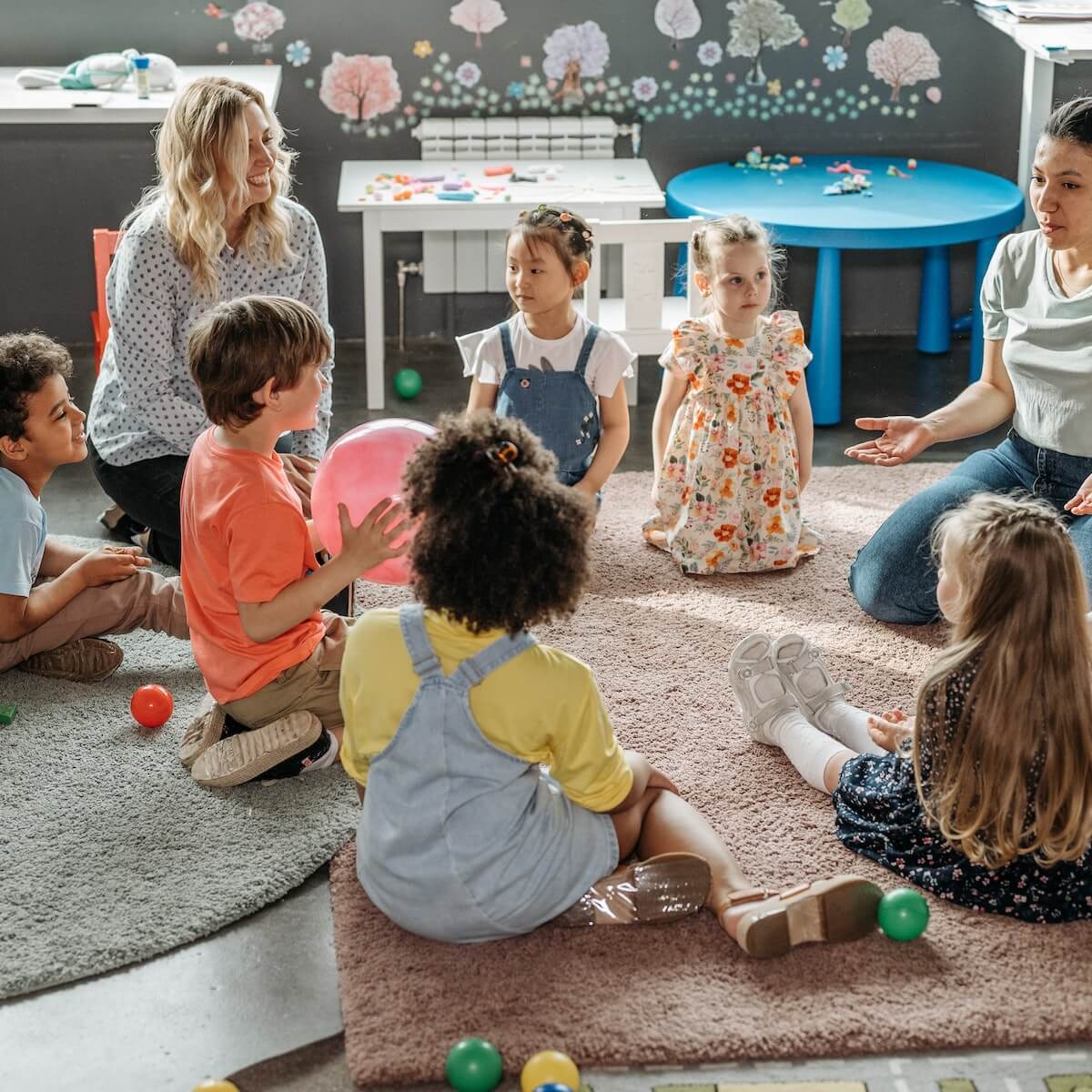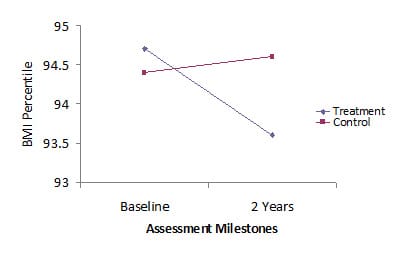Kids Team Manual
Oliver Kinds Team Manual
Table Of Contents
- RReference Symbols
- RThe Oliver Kids Team Program
- RWhy Teach "Healthy Choices"?
- RWhy Focus on Schools? BECAUSE IT WORKS!
- RHow to Get Started
- RCreate an "Oliver Kids" Team
How to Choose 5-A-Day servings of fruits and vegetables!
- RBe creative! It's easy to get the right amount of fruits and vegetables by making small additions to your everyday meals.
- RIf you have spaghetti for dinner, add some vegetables to the sauce.
- RAdd fruits, like berries to your breakfast cereal or oatmeal.
- RKeep it interesting! Add hot-sauce, low-fat Ranch, salsa, or peanut butter to vegetables and low fat flavored yogurt to fruit for a different taste.
Have more water & less sugary beverages!
- RCarry a water bottle with you, that way you will always have water readily available.
- RKeep cold water in the fridge so it's ready when you're thirsty.
- RAdd a slice of lemon, lime, orange or cucumber to water or even mix in a little bit of your favorite fruit juice.
- RChoose sugar-free beverages and water. Don't keep sugary beverages around the house! If they're not there, you won't be tempted.
Opt for healthy snacks!
- RWhen shopping for snacks make sure to look at the nutrition label for foods that are high in calcium and low in fat.
- RPrepare healthy snacks in advance. Cut up fruits and vegetables and keep the servings in air-tight bags in the fridge, ready to grab and go.
- RMake sure you pay attention to the serving size and have only one of them.
- RCelery and apples with peanut butter are a quick and healthy snack.
- RLow fat cottage cheese and peaches are a great snack because you get your needed protein and calcium from the cheese and all the nutrients of the fruit.
Increase active play & decrease screen time!
- RTry not to stay seated for more than 30 minutes at a time.
- RWalk or ride your bike to school.
- RWhen you're at home, instead of turning on the TV turn on some music and dance!
- RThere are lots of activities that you can do at home without going outside.
- RDo push-ups, do sit-ups, run up and down the stairs, play video games while standing up, lift weights (we have included tip cards for ways to stay active while at home).
- Try not to stay seated for more than 30 minutes at a time.
- Walk or ride your bike to school.
- When you’re at home, instead of turning on the TV turn on some music and dance!
- Schedule after-dinner family walks three days a week.
- There are lots of activities that you can do at home without going outside.
- Do push-ups, do sit-ups, run up and down the stairs, play video games while standing up, and lift weights (we have included tip cards for ways to stay active while at home).

Evaluation of 72 educational vignettes produced by the Oliver Foundation, OrganWise Guys, and the W. K. Kellogg Foundation.
One way to address the obesity epidemic is to increase awareness and improve knowledge about physical activity and nutrition. This may be especially true in prevention efforts with young children. The current study attempted to do this through puppet vignettes created by the OrganWise Guys. These vignettes teach children the importance of healthy eating, physical activity, and being a good citizen. The study evaluated the acceptability of the 72 educational vignettes produced by the Oliver Foundation, OrganWise Guys, and the W. K. Kellogg Foundation on children ages 4 -12 who attend a private school.
Teachers also evaluated the vignettes to determine their applicability to a school environment. Overall, the vignettes were well accepted and provided an easy dissemination vehicle for children and teachers. The teachers unanimously agreed that it would be easy to incorporate vignettes into their everyday classroom lessons. They also would highly recommend the vignettes to be used by other teachers. The next step after this project was to measure the impact of our efforts to intervene in the schools.
An Evaluation of an Intensive Elementary School-based Nutrition and Physical Activity Program
The overall objective of this study is to empirically assess a school-based directed program and the currently existing educational program in terms of obesity prevention for elementary school children. This was a 2-year treatment program that included a focus on eating healthy, engaging in physical activity, and implementing skills for sustained behavior change. Seven schools were randomized to either the control or the directed intervention.
The control condition was a self-guided intervention in which teachers were given the option of utilizing wellness materials at their discretion with no guidelines for the frequency or content of wellness activities. The directed intervention was a guided intervention in which a minimum of three wellness activities were incorporated into a lesson each week. Additionally, at least one parent wellness activity/training was provided during each 9-week grading period. Materials provided to teachers focused on 7 healthy messages:
The results of this study showed that students who received the directed intervention significantly reduced their BMI score when compared to the children in the self-guided condition.
This study suggests that an integrated health curriculum supported by trained professionals is a promising approach for school-based pediatric obesity prevention. Because of the success observed with elementary school-age children, the decision was made to expand our intervention efforts to middle school and high school.

Stop 2048: Training Health Leaders for Today and Tomorrow
Stop 2048 is an innovative program in which teens and young adults are involved in teaching younger students about living a healthy lifestyle. The overall concept is that not only will teens and young adults be more creative and energetic about identifying solutions to this health epidemic by becoming “a leader in health today”, but some of these individuals will maintain an interest and become “a leader in health for tomorrow” as well. This unique approach to creating a cultural change or social movement in schools was developed based on information gathered from a group of teenagers, Youth Excited About Health! (The Oliver Foundation Teen Advisory Board), committed to improving the health of their peers.
This course will be offered at the YES Preparatory Academy. High School students will serve as role models and conveyers of information to middle school students. A health mentor (trained research staff) will assist high school students in developing and teaching these courses. Student teachers will spend time meeting with the health mentor and developing a health class for middle school students. The middle school curriculum will focus on the same 7 healthy messages (CHOICES) as in the elementary school program. Middle school students will receive nutrition and exercise instruction. The classes will be 45 minutes in length 3 times per week and will focus on behavior modification as it applies to healthy nutrition and exercise.
Nutrition instruction will be provided once per week and led by high school students. Physical activity instruction will be provided a minimum of twice per week and will be led by high students. Physical activity classes will focus on improving flexibility, core strength, and endurance while providing opportunities to reinforce and apply healthy messages learned in nutrition. High school students will be supervised by a trained bachelor’s level mentor with expertise in nutrition and physical activity. The success of this program will be measured in reduction of zBMI in the middle school students as well as performance on health knowledge quizzes and class presentations.
Stop 2048 will engage today’s youth in leading the charge against obesity. We plan to educate teens about health, get them excited about making a difference in their school, and engage them in developing solutions for the future. Taking action now with our youth is critical as the children of today may be the first generation to not outlast the previous generation.
